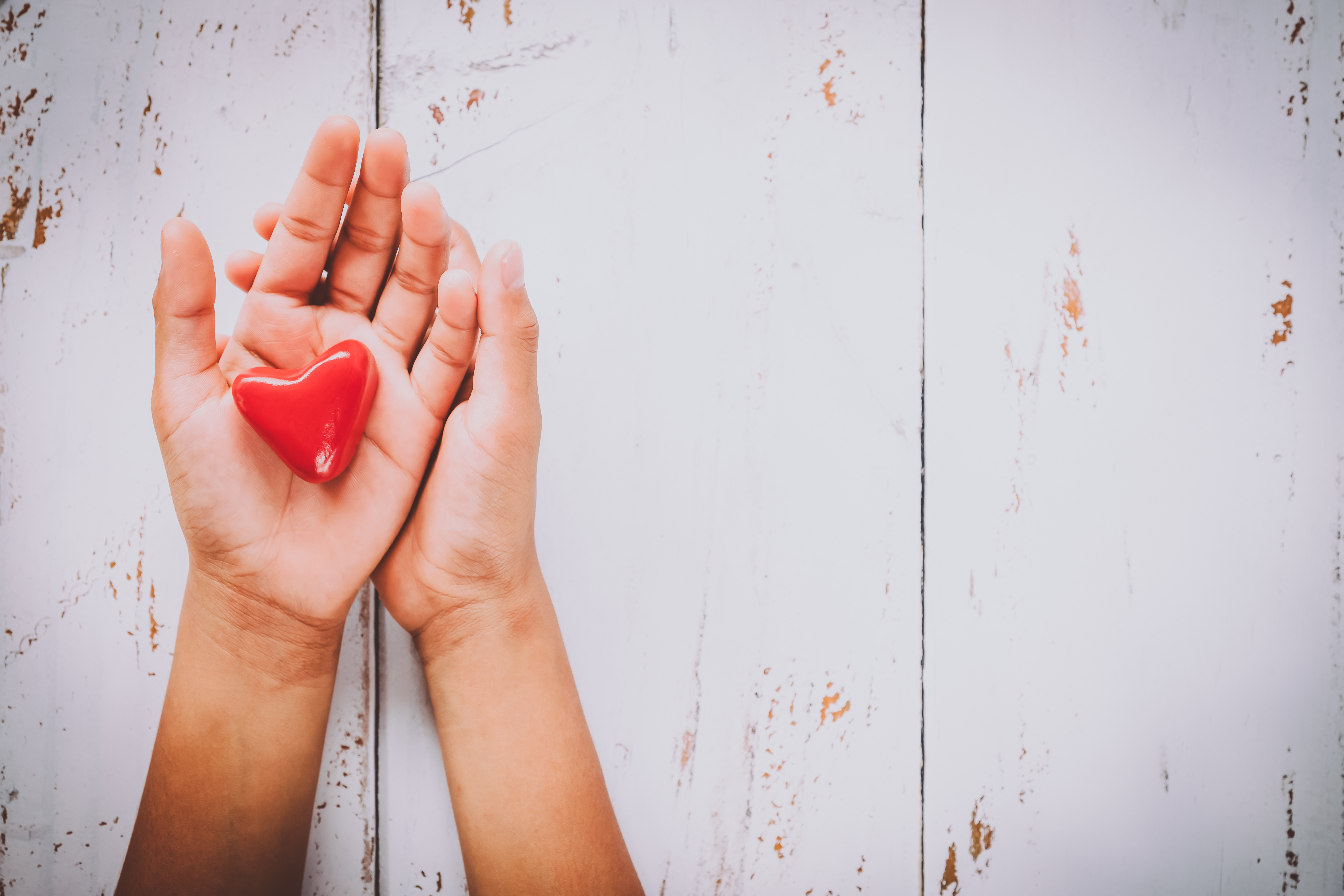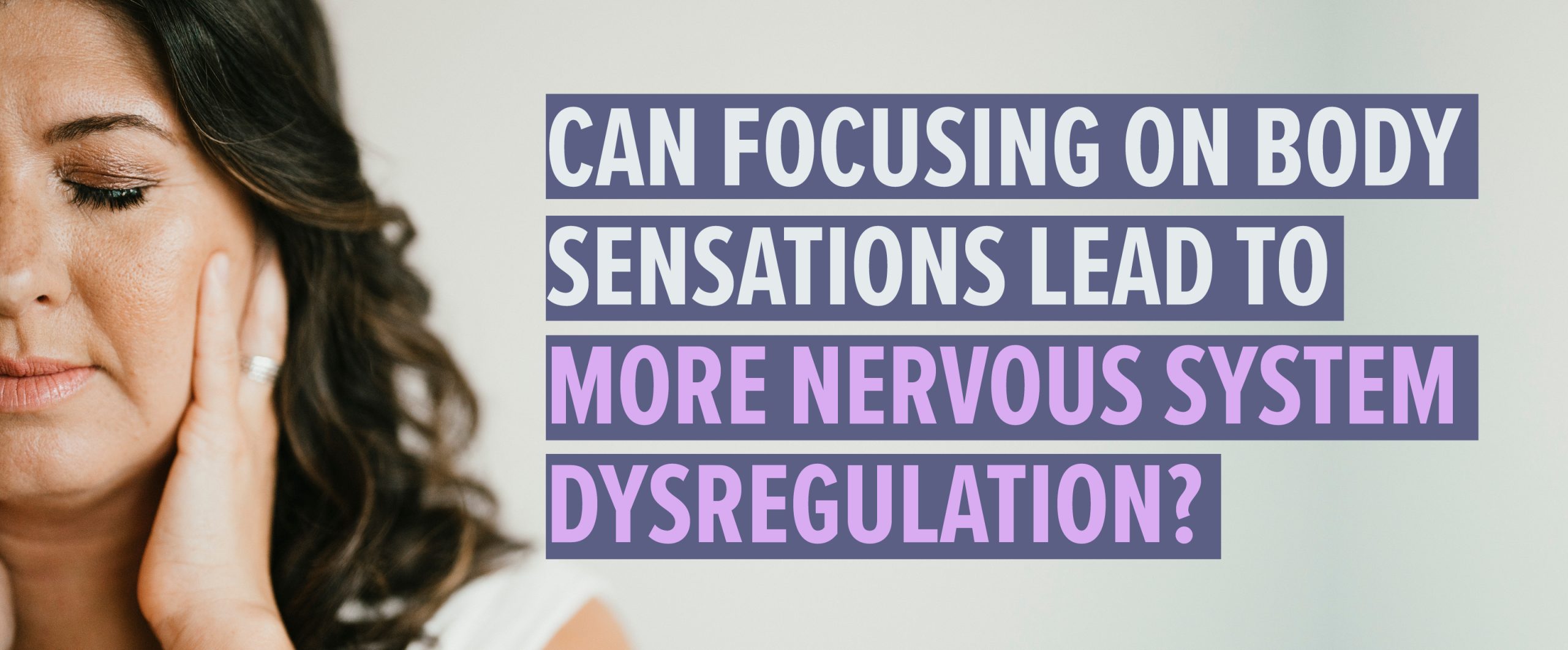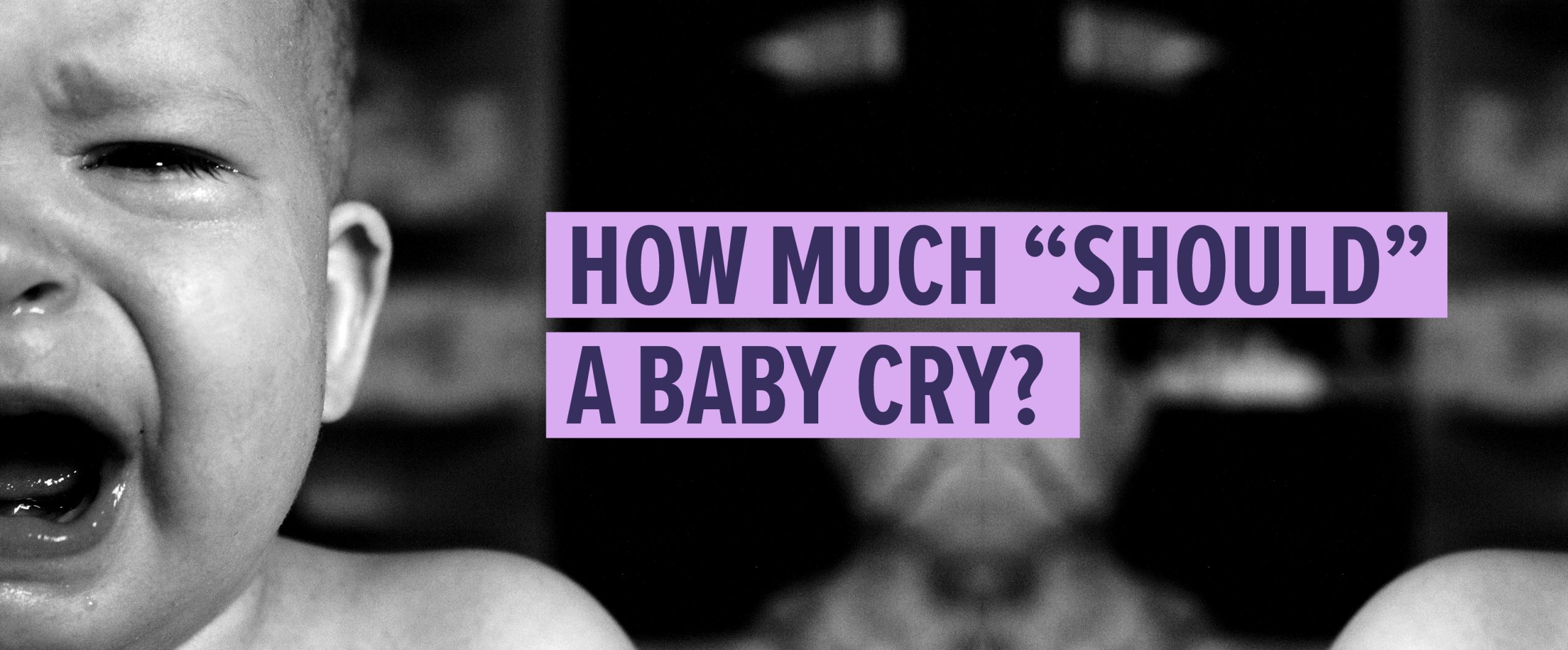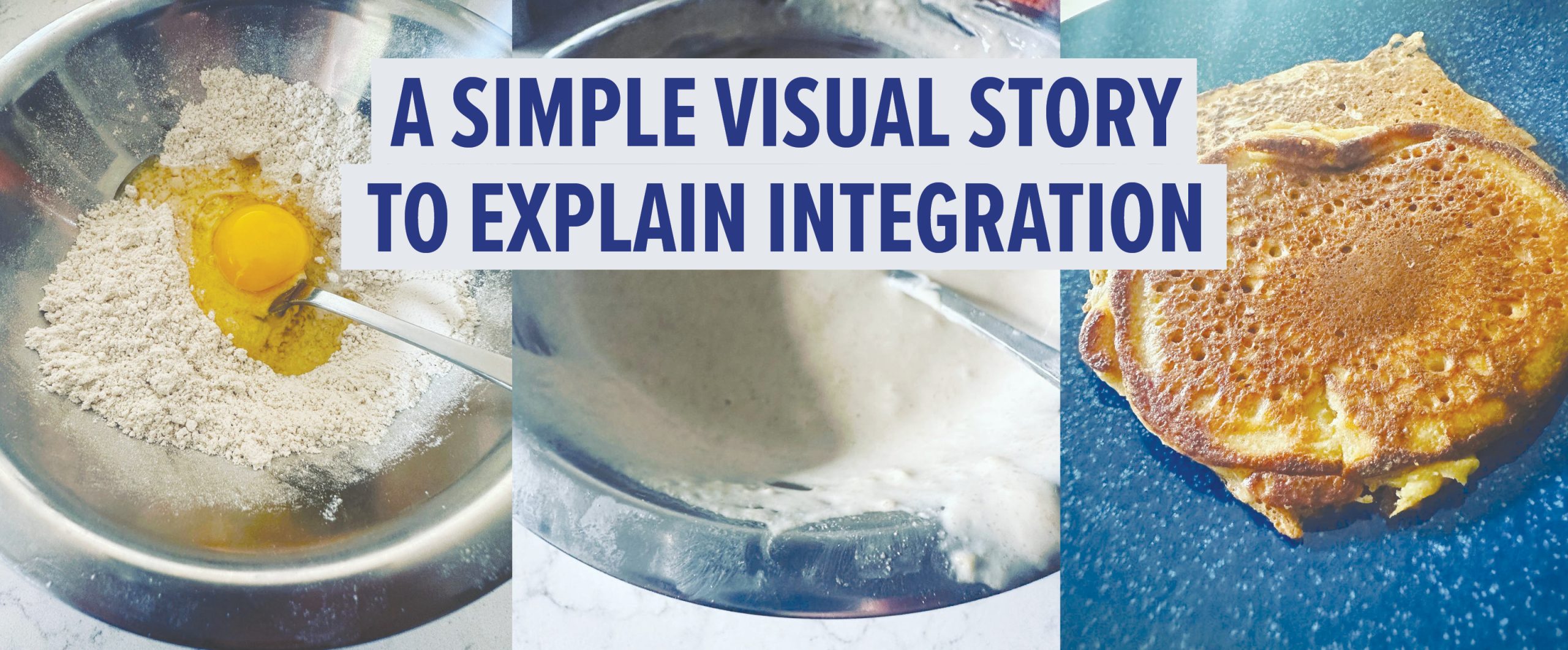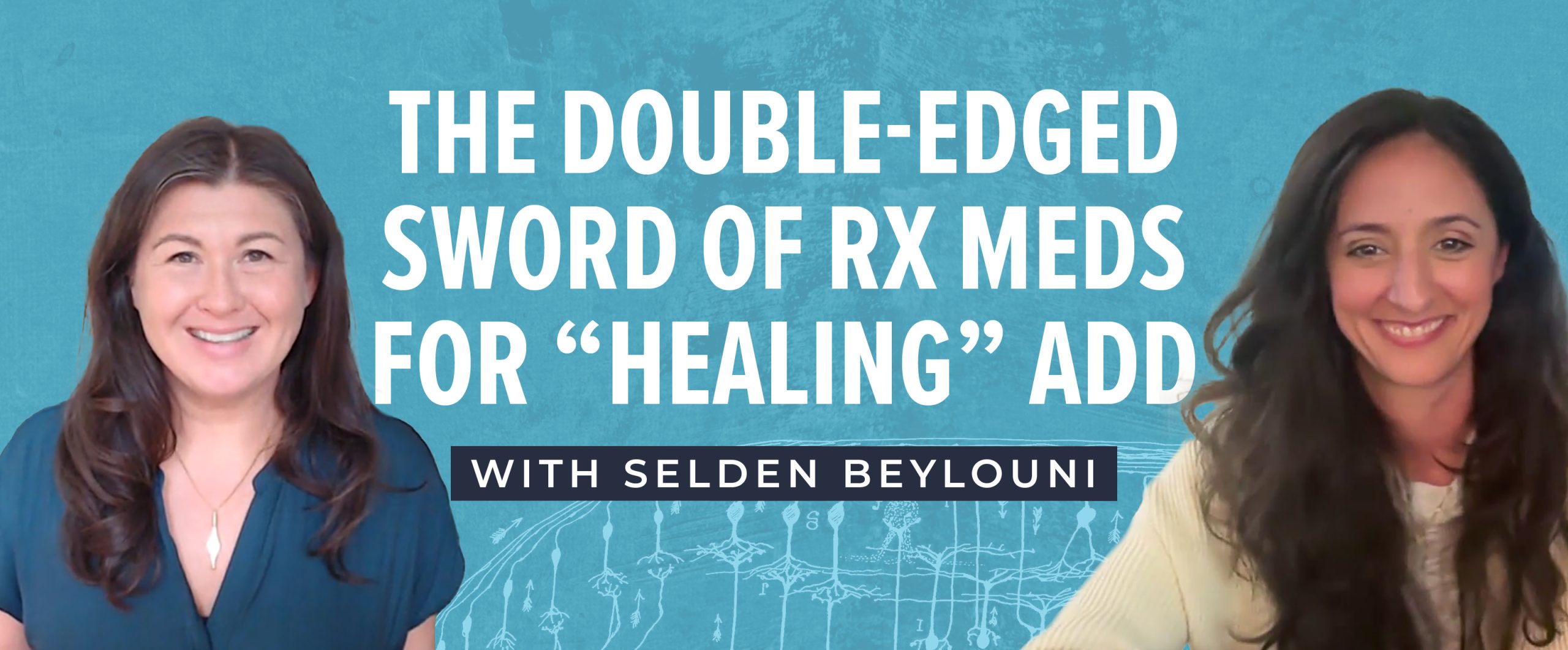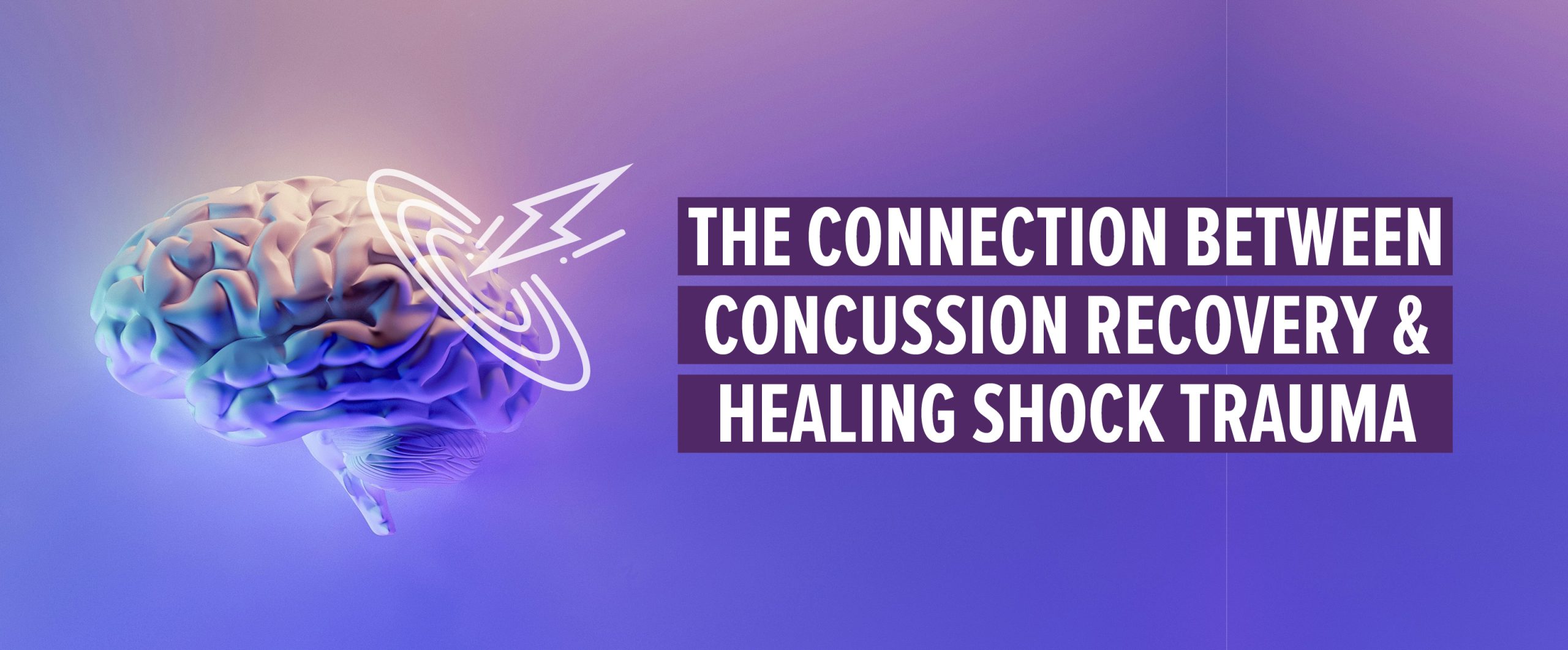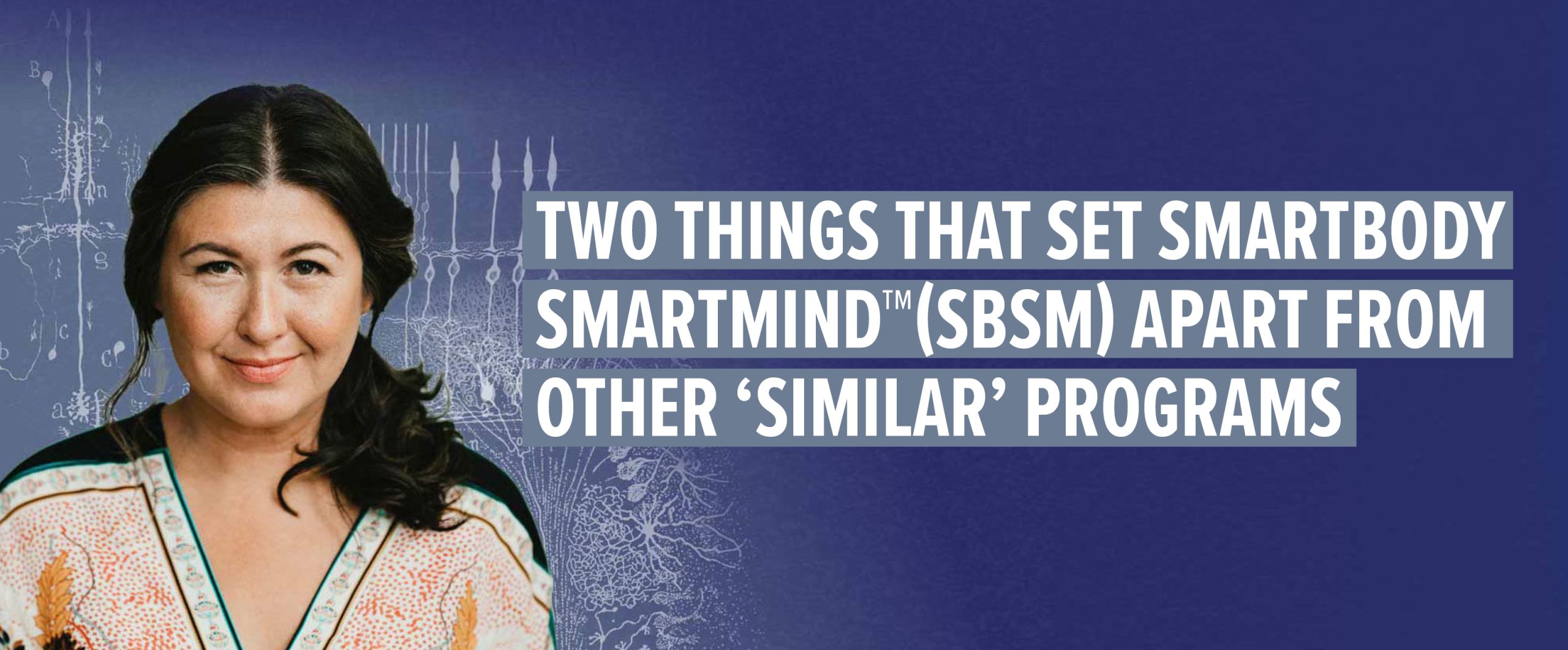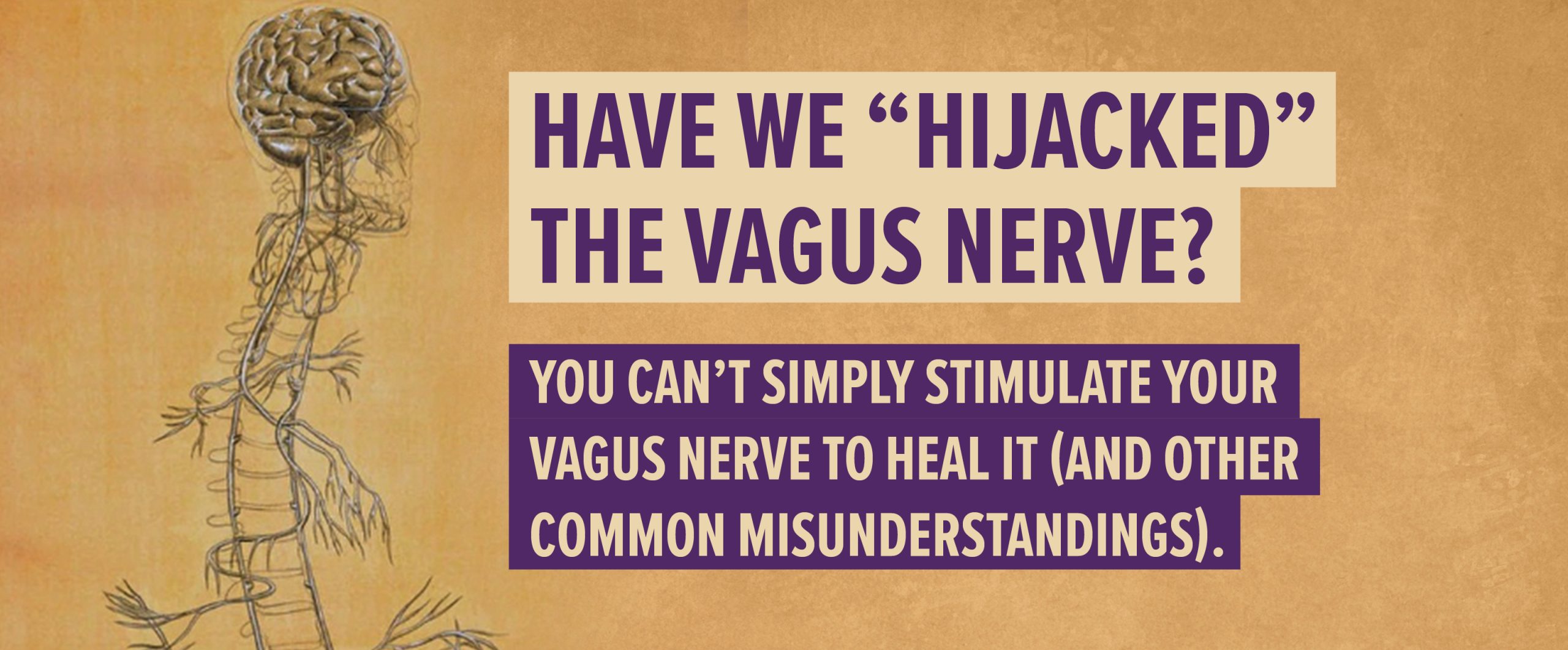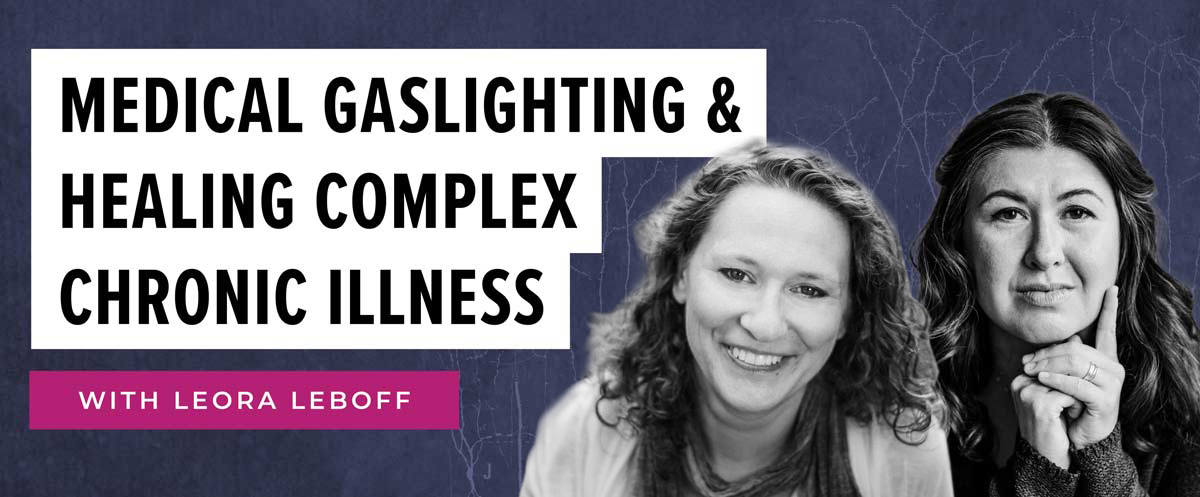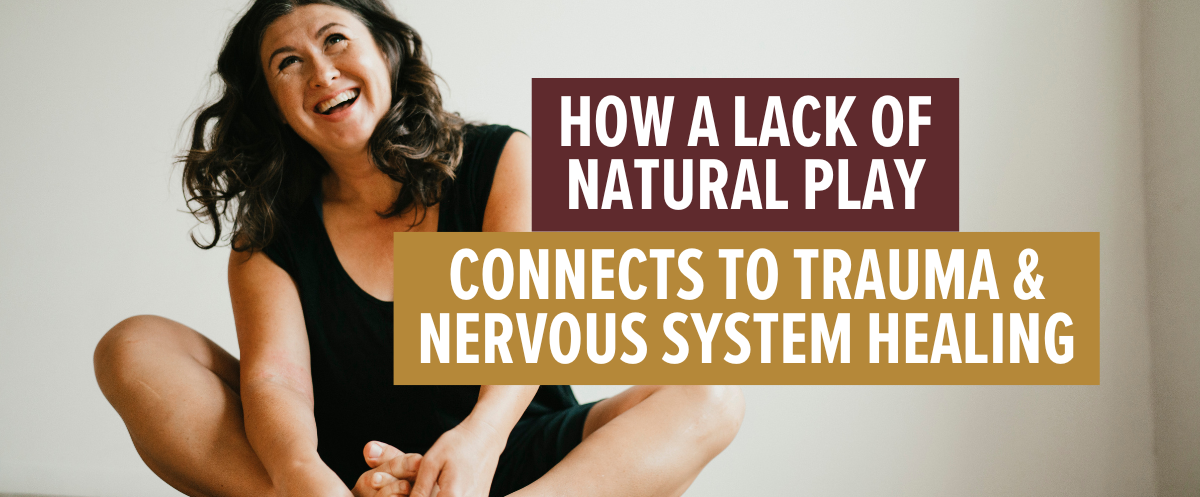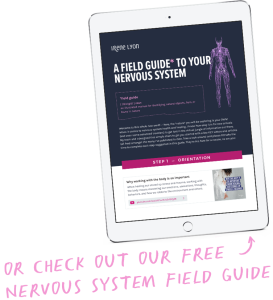I believe unconditional empathy is essential right now, and if we can understand what that means at a deep biological level, and then learn to practice it, we get not only good points with the universe, but we build compassion for ALL (human) creatures. Great, small, obtuse, ignorant, abused and violent. To offer you up a small apprenticeship on unconditional empathy, I want to nudge you to check out my two newest vlogs, both of which are true stories.
I’ve been wanting to share these stories for some time now and they are, shall we say, a good way to test this concept of unconditional empathy for yourself. 😉
1 – The first vlog is the story of the Unabomber (yes, I made a vlog about Ted Kaczynski).
2 – The second is a summary of a chapter from Dr. Bruce Perry’s book, Born For Love – Why Empathy is Essential and Endangered.
Both these stories paint a haunting picture of how easy it can be to let early and developmental trauma slip through the cracks.
But what, you might ask, IS unconditional empathy?
Unconditional empathy asks us, the human, to understand, from a gut level (like in your cells and DNA) why someone is the way they are, why they did what they did, and what would drive someone to be how they are. But with no blame to the person ‘at fault’ and with absolutely no essence of hate. It asks us humans to be OK with people we might consider our enemies or have a strong distaste and dislike towards (this is, by the way, not just those we know personally, but those in the media, heads of state and so on ;).
Because here’s the thing: if we can’t have unconditional empathy for ALL beings on the planet, then we aren’t, in my opinion, and in the purest sense, compassionate and loving beings.
Because unfortunately, so much of our compassion, love and kindness is conditional. We have to change this. Having unconditional empathy for someone does not excuse them from what they might’ve done that is wrong. It also doesn’t mean you have to like or even agree with someone.
But it does mean being 100% understanding of why someone is the way they are and maybe why they’ve done what they’ve done (and continue to do what they do).
Let’s face it. A lot of bad stuff happens every day. A lot of bad stuff might’ve happened to you. You might even be guilty of some bad stuff yourself.
These vlogs aren’t to point blame or shame, but to educate on why people do bad things and why it is essential that we understand the reasoning behind these bad things. If we can’t get a grasp on this, we’ll never heal the human divide.
Finally, while these stories are stories of infant trauma gone real bad, they aren’t stories around toxic shaming practice, repeated physical or sexual abuse, or even the lesser known and talked about causes of trauma and boundary rupture, such as forcing your child to kiss their grandma when they don’t want to, or bribing them so they eat their vegetables (seriously, it may seem like nonsense to some, but even this last point will make a kid feel unsafe, disrespected and misattuned, which will lead to problems later in life).
Put another way, most people tend to think stories like the ones I’m about to share happen as a result of intense and repeated abuse growing up, or severe neglect, but it’s not that simple. Not that simple at all.
There is good news!!
We now know what to do to heal and treat early and developmental trauma!! Thankfully I’ve been blessed to learn with THE BEST in the world, and next week I will be releasing a long-form interview I did with one of my mentors, Kathy Kain who, along with our colleague, Stephen Terrell, is leading the way so we can all become much more trauma informed when it comes to early and developmental hurts and harms.
If you are reading this blog post at a later date, be sure to go back to my blog or to my YouTube channel and look for the interview with Kathy Kain.
But for now, take some time to watch what I have to share with you today, and see if you can muster some unconditional empathy for these real stories.
Take such good care,
Irene.
AN IMPORTANT FINAL NOTE – There are only two situations where it is actually important to NOT have empathy. One is in a somatic therapy session when one is working to complete defensive responses from past events that are still living in their body, then it’s very important to let the vicious animal out in a safe way – you can read an article about this process by my husband, Seth, here. Ironically, when we get these traumatic imprints out of our system, we actually build more capacity to have empathy for others. The other time it’s important to not have empathy is if one is actually defending themselves in the present moment from a real life attack.

